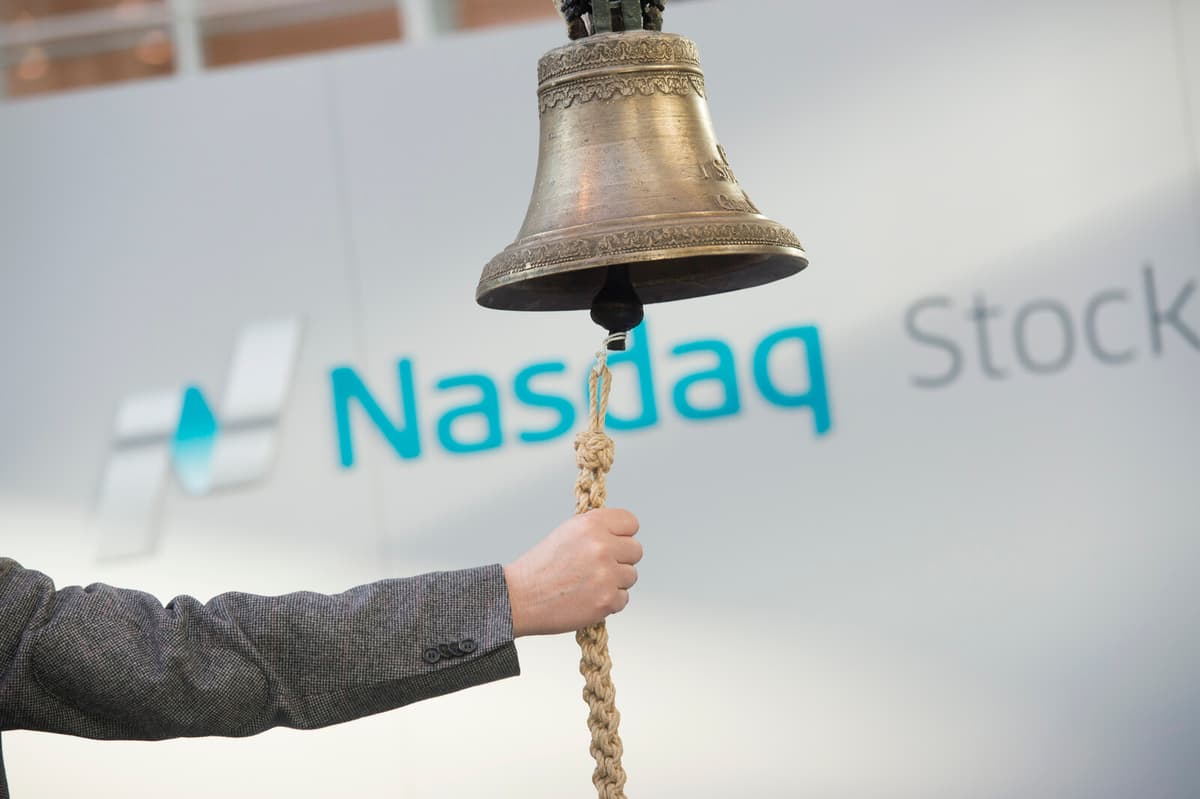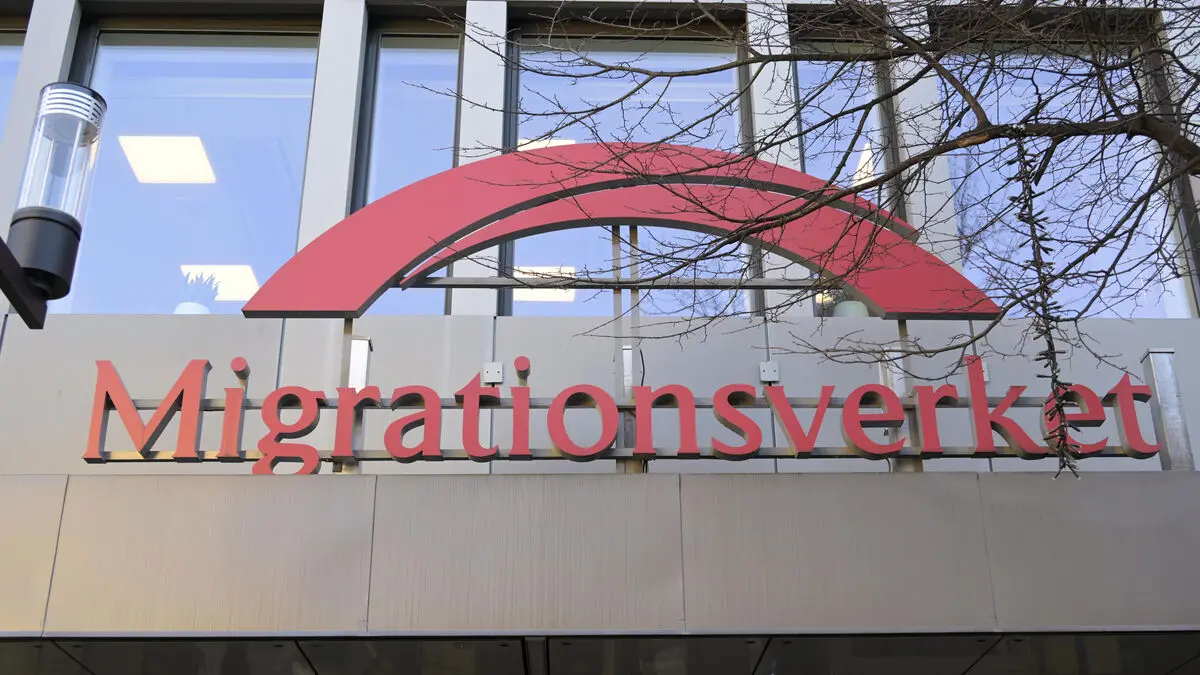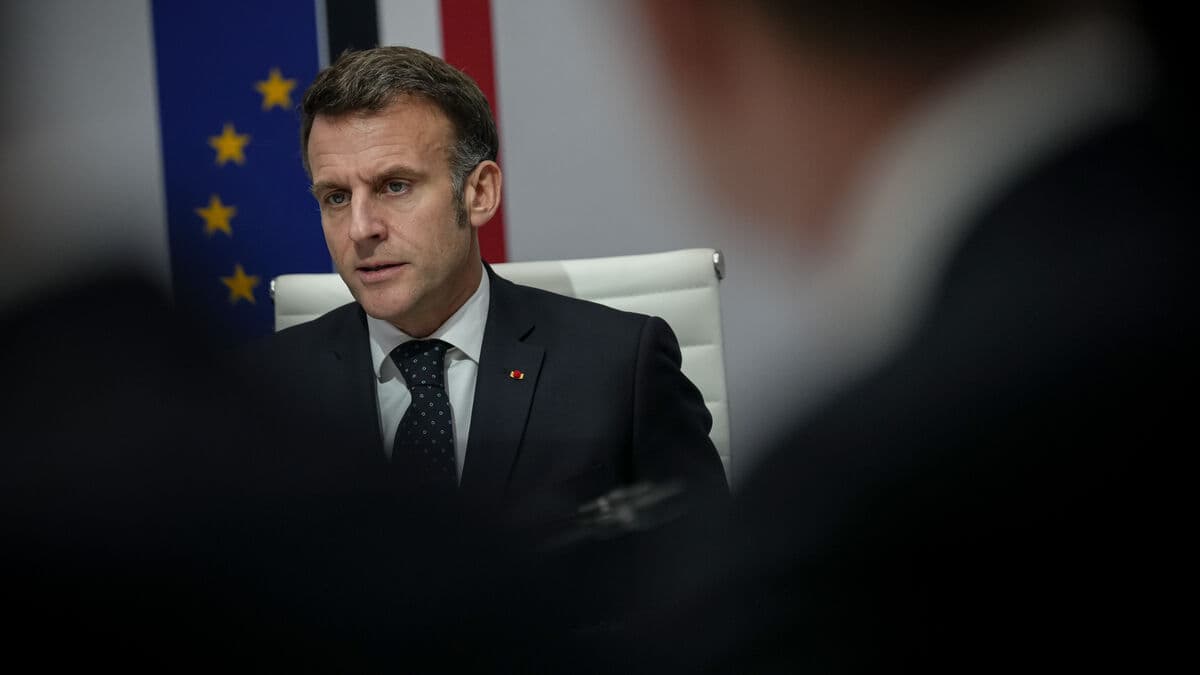The stock exchanges on Wall Street have continued to perform strongly throughout the year, driven primarily by the major tech giants.
The tech-heavy Nasdaq exchange has risen by around 30 percent, while the industrially weighted Dow Jones index has gained nearly 15 percent.
This can be compared to the Stockholm Stock Exchange's broad OMXS-index, which had climbed by a more modest nearly 6 percent by the start of trading on January 30.
"The reason is simple"
The reason is quite simple, it has to do with these technology companies that we're always talking about in the US, where the semiconductor company Nvidia has been the big rocket, says stock analyst Peter Malmqvist.
Nvidia, which has been riding the AI wave, has risen by around 180 percent in a year. But Tesla, which is often included in what is described as the "magnificent seven", has also seen an increase of over 74 percent.
Tesla has been boosted by founder Elon Musk's support for Donald Trump. The stock has risen sharply since the US election.
If you exclude the tech companies, the US stock market's broad S&P index has developed roughly in line with the Stockholm Stock Exchange, according to Peter Malmqvist.
The reason the Stockholm Stock Exchange has not risen more is, according to him, partly due to the fact that profits in industrial companies and banks have not increased.
They are the two largest sectors on the Stockholm Stock Exchange. Industrial companies are also highly valued, and if profits stagnate, that's not what investors had expected, he says.
According to Malmqvist, the other Nordic stock exchanges are "going roughly like the Swedish one".
The Danish exchange has fallen sharply over the past six months due to the fact that the super company Novo Nordisk has dropped, from a record high level, he says.
Luxury has performed poorly
Among the larger European stock exchanges, the Frankfurt Stock Exchange has performed the best, despite the sluggish German economy. The Dax index is up nearly 20 percent. Analysts point to the success of software giant SAP and the fact that many German companies have revenue from the American market.
The French stock exchange, also marked by economic and political uncertainty, has fallen by around 3 percent.
Luxury companies on the Paris Stock Exchange have struggled. Kering, which owns Gucci and Bottega Veneta, among others, has fallen by nearly 40 percent, while the luxury conglomerate LVMH, Europe's second-highest valued company, has lost over 10 percent. One explanation is lower demand in China.
In Asia, the Tokyo market has performed the best, where the broad Nikkei 225 index has risen by around 20 percent.






